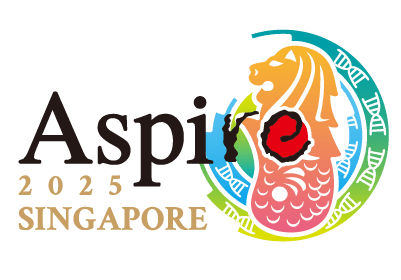Background and Aims
Ovarian support cell in vitro maturation (OSC-IVM) is a clinical infertility treatment designed to
support the IVM of oocytes via co-culture with ovarian support cells (OSCs) derived from
human induced pluripotent stem cells (hiPSCs). The purpose of this study is to compare the
clinical efficacy of OSC-IVM with traditional, monophasic IVM.
Methods
This study included 20 treatment cycles of normo-ovulatory, non-PCOS, female patients under
the age of 37 with a 1:1 distribution of patients receiving OSC-IVM or traditional IVM (Table 1).
All patients received a minimal stimulation regimen of CC and rFSH with an hCG trigger.
Retrieved COCs were cultured for 30 hours in either OSC-IVM or traditional IVM conditions.
Mature oocytes were fertilized via ICSI and high-quality (HQ) blastocysts were tested via
PGT-A. Single FET of euploid blastocysts was performed after HRT endometrial prep.
Results
At the interim analysis point, all 20 treatment cycles have been completed for embryological
endpoints. Phase II, consisting of embryo transfers and fetal development readouts, is ongoing.
Results demonstrated that OSC-IVM significantly improved oocyte maturation rates (70% versus
52%) (p=0.0047), HQ blastocyst formation rates per COC (14% versus 7%) (p=0.0135), and
euploid HQ blastocyst formation rate per COC (10% versus 2%) (p=0.0040) (Table 2). A total of
8 of 10 patients treated with OSC-IVM obtained at least one euploid blastocyst for transfer,
while only 3 of 10 patients treated with traditional IVM obtained at least one euploid blastocyst
for transfer. No treatment related adverse events have been reported in either arm.
Conclusions
The results of this study demonstrate that OSC-IVM is superior to traditional IVM in terms of
oocyte maturation and transferable blastocyst formation rates in real world clinical use. Safety
and efficacy analysis of fetal developmental and maternal health remain ongoing, and no
treatment related adverse events have been reported.
May 3, 2025
Ovarian Support Cell In Vitro Maturation Results In Superior Embryological Efficacy Over Traditional Monophasic IVM: An Interim Analysis of a Post Market Clinical Study
